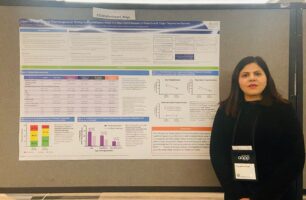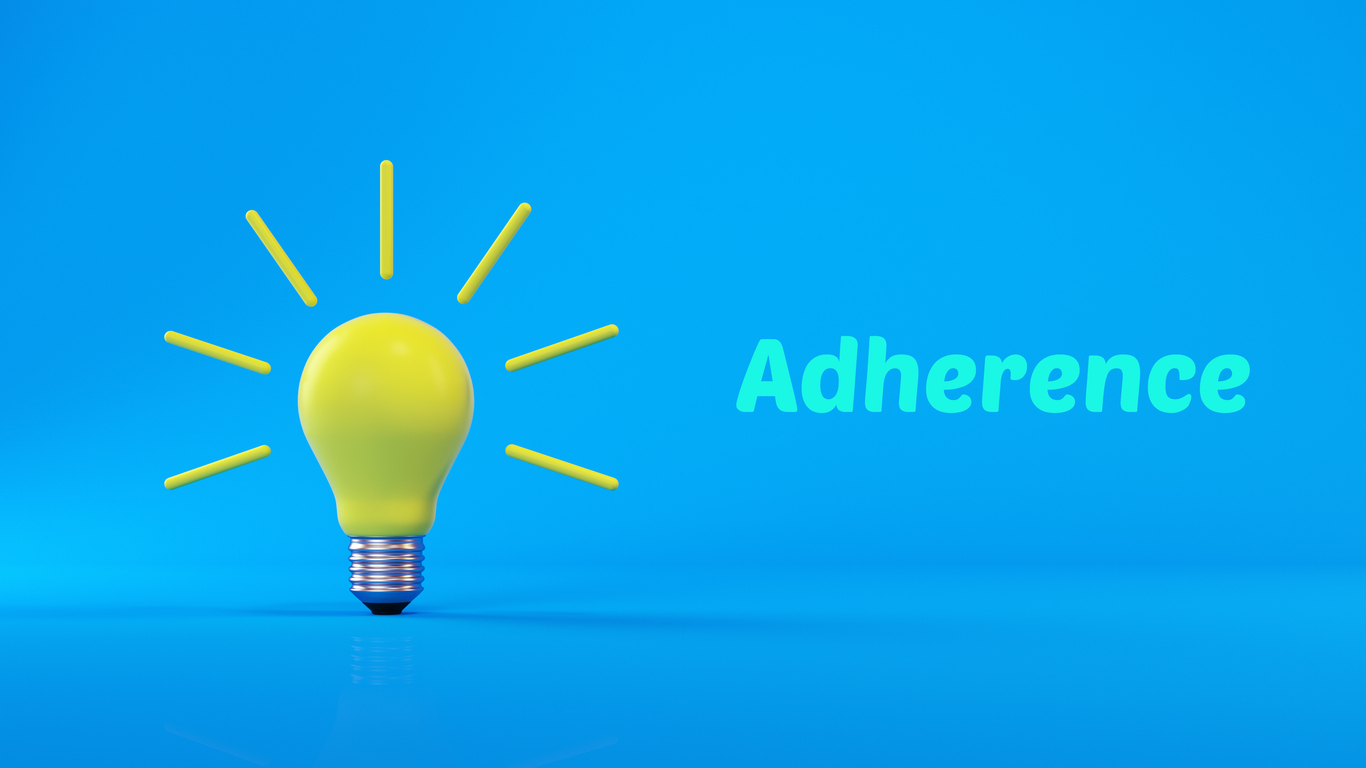 Pride Month is different this year. Most parades are canceled. There will be far fewer celebrations, and those who attend them should keep a socially acceptable distance.
Pride Month is different this year. Most parades are canceled. There will be far fewer celebrations, and those who attend them should keep a socially acceptable distance.
For many members of the gay community, this pandemic may have brought back bad memories and opened old wounds. Even those who may not remember the AIDS era are facing an entirely new set of challenges.
“Many LGBTQ people have trauma histories,” Jennie Goldenberg, a trauma specialist and social worker in private practice, told the Philadelphia Gay News. “Dealing with anti-LGBTQ family members while being in quarantine – feeling trapped – is comparable to being in quarantine with difficult family members in general, then adding an exponential quotient for the bigotry.”
LGBTQ+ college students who have returned home may not feel as accepted as they should be. Studies have established a clear link between a family’s rejection or acceptance of an LGBT young adult and that person’s long-term mental and physical health.
“The ongoing COVID-19 pandemic has only exacerbated mental health issues for many in our community, especially for those disproportionately impacted by the pandemic including communities of color and people living with HIV/AIDS,” the Human Rights Campaign recently posted on its website.
It will be critical to address these and ongoing mental health issues with both LGBTQ+ individuals and the health care providers that care for them.
LGBTQ+ Depression and Double Stigma
People who identify as LGBTQ+ who have mental health issues often experience a double stigma, sometimes called dual alienation, in which they feel they are not accepted:
- within the LGBTQ+ community due to their mental health issues
- within the mental health community due to their LGBTQ+ identities
 The effects of this double stigma can be harmful. A 2017 survey from the Center for American Progress found 8 percent of lesbian, gay, bisexual and queer people, and 29 percent of transgender people reported that a doctor or healthcare provider had refused to see them because of their sexual orientation or gender identity. The study found that 9 percent of LGBQ people and 21 percent of trans people reported having a health provider use harsh or abusive language when treating them.
The effects of this double stigma can be harmful. A 2017 survey from the Center for American Progress found 8 percent of lesbian, gay, bisexual and queer people, and 29 percent of transgender people reported that a doctor or healthcare provider had refused to see them because of their sexual orientation or gender identity. The study found that 9 percent of LGBQ people and 21 percent of trans people reported having a health provider use harsh or abusive language when treating them.
Mental healthcare providers should be – as they always should – treating each patient as unique. This approach is endorsed by NAMI, which stated in its white paper, Double Stigma: GLBT People Living with Mental Illness:
“If people cannot be open and feel supported in who they are in a treatment setting, this will negatively affect their ability to benefit from the therapeutic experience. This is especially true for those confronted with double stigma. It is important to remember, however, that double stigma is something that society creates. It is not the fault of the individual. To overcome stigma, we need to recognize it and work to change it.”
According to an opinion piece, “general practitioners trained in noticing and responding to the first signs of mental health issues in LGBTQ+ youth are an invaluable asset in the effort to mitigate the damaging effects of severe depression and other mental health problems that LGBT youth often experience.”
Clinicians As LGBTQ+ Mental Health Allies
A Psychiatric Times Special Report called “LGBTQ Mental Health: What Every Clinician Needs to Know” emphasizes that:
“To improve access to and quality of mental healthcare for individuals who identify as LGBTQ, it is important for clinicians to become allies to this marginalized community. Creating a positive space in healthcare settings requires more than simply placing a rainbow sticker on the clinic office door; it requires multiple layers of action that demonstrate to LGBTQ patients that their identity and concerns are important and normalized as part of the diversity that exists within all patient populations.”
The report notes that healthcare providers should remember that “while LGBTQ populations are often combined as a single entity for research and/or clinical purposes, each of these identities represents a distinct population with their own specific health needs. The experiences of LGBTQ individuals are not uniform and are shaped by intersectional identities and factors such as race, ethnicity, socioeconomic status, geographical location, disability, religion, and age.”
GeneSight Cares
During Pride Month and every month, we appreciate our team members and patients who are part of the LGBTQ+ community, and the healthcare providers caring for them.
As part of our “GeneSight Cares” initiative, we will host a conversation with mental health professionals about the double stigma borne by the LGBTQ+ community and how providers can do better in treating LGBTQ+ patients. Registration details will be available soon.
Do you have a question you would like us to ask, or a story you would like to share about your own experiences? Please send us a private message on our Facebook Page and we will try to incorporate it into our discussion.
Our articles are for informational purposes only and are reviewed by our Medical Information team, which includes PharmDs, MDs, and PhDs. Do not make any changes to your current medications or dosing without consulting your healthcare provider.
The GeneSight test must be ordered by and used only in consultation with a healthcare provider who can prescribe medications. As with all genetic tests, the GeneSight test results have limitations and do not constitute medical advice. The test results are designed to be just one part of a larger, complete patient assessment, which would include proper diagnosis and consideration of your medical history, other medications you may be taking, your family history, and other factors.
If you are a healthcare provider and interested in learning more about the GeneSight test, please contact us at 855.891.9415. If you are a patient, please talk with your doctor to see if the GeneSight test may be helpful.





